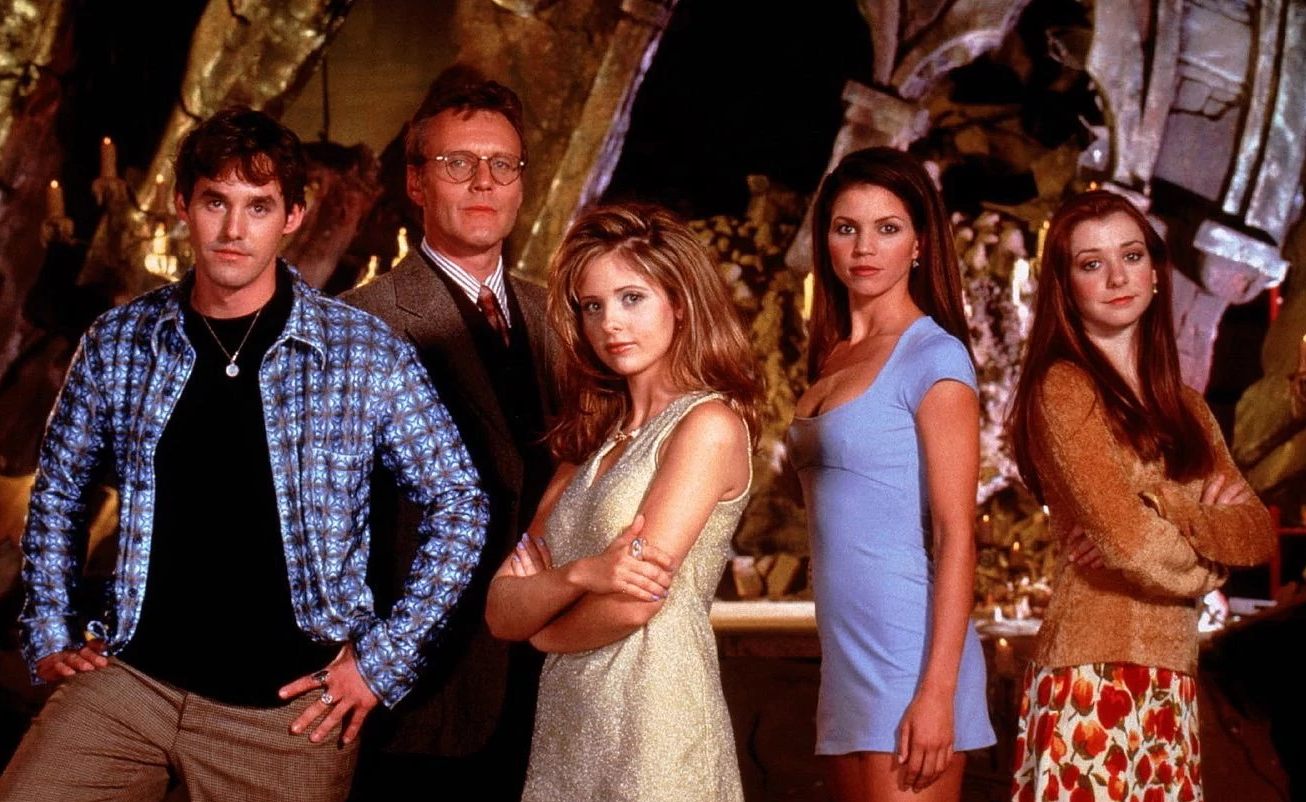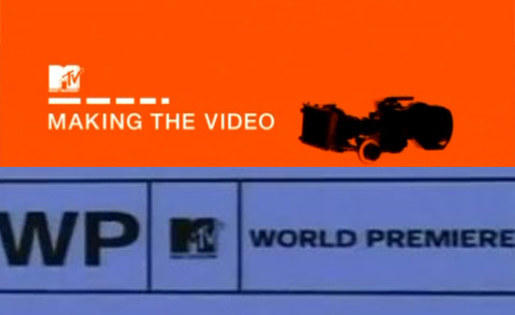

They were pissed, and they were scared, and rightly so - the internet, and the masses of amateur photographers, content generators, and gossip sites were fickle in their affections, unpredictable in their turns. What began in the aughts came to a head in the 2010s, as celebrities, publicists, and the various outlets they collaborated with, from People to Entertainment Tonight, scrambled to combat narratives generated by those outside the established Hollywood system. What’s more, the real anxiety wasn’t necessarily over the fact that celebrities were being treated as commodities - they always have been! - but that the celebrities, and the apparatus they pay to protect them, were feeling something they hadn’t felt in some time: out of control and, as such, out of power. In many of the interviews for the documentary, I attempted to point out that this wasn’t the first time that this had happened.

The industry itself was broken, transformed from a system of honor and veneration into one of shame and denigration, which treated its products as little more than commodities to be bought and traded. Their argument, like that of the film, was ostensibly that the business of celebrity had become exploitative and dangerous for the celebrities themselves - which, given the rash of car crashes as celebrities fled brazen paparazzi, was true. Which is how he convinced Jennifer Aniston, Jennifer Lopez and then-husband Marc Anthony, Elton John, Kid Rock, and Salma Hayek to participate in the film as well, describing the paparazzi’s tactics, from the general hounding on the street to the use of helicopters to catch footage of Lopez and Anthony’s backyard wedding ceremony. Mazur considers himself a “ good guy” in the industry: the sort of guy celebrities trust, who they invited into their home, who’d never publish a photo that was unflattering or unsanctioned. It wasn’t until the film came out, a year later, that I realized the reasoning for the thesis: The film’s executive producer and director (absent the day of my filming) was Kevin Mazur, who’d spent decades photographing celebrities for Rolling Stone. They wanted something closer to the thesis of their film: that Perez, and amateur paparazzi, and TMZ, and the voracious appetites for content they both sparked and satiated, were ruining celebrity. Which is why the producers of the documentary kept asking me the same questions. At the end of the 2000s, celebrities had found themselves largely beholden to the seemingly ever-growing swarms of paparazzi, forced to remain vigilant about how and when they appeared in public, terrified that a snippet of unflattering, unbecoming, or straight-up scandalous footage would make its way to TMZ. This was simply the latest pendulum swing in a century of oscillations in celebrity power. I viewed the rise of the digital paparazzi, and the gossip blogs built alongside them, in less moralizing terms. My responses weren’t just too long, they were too unemotional. But they kept asking me leading questions about the effect of Perez Hilton, and the paparazzi, and TMZ: “How have they made life hell for celebrities?” “Can you talk about how they’ve ruined celebrity?” I was deep in academia at the time, where answering with one word, about anything, felt like blasphemy. “Can you answer that again, but much more condensed?” “Can you say the same thing, but with one word?” If you’ve never been part of a documentary, you likely don’t realize just how many times the “talking heads” get asked a question before landing on an answer the producer likes. They flew me to New York, filmed me at Sarah Lawrence to give me the “aura” of an academic, and asked me questions about the past and present of celebrity. Starting all the way back at the beginning of what we now know as Hollywood, I traced the evolution of how stars were created, packaged, sold, and consumed, from Mary Pickford through Britney Spears.īut writing a dissertation is dull, solitary, deeply unglamorous work, and when a producer emailed me to ask if I’d be in a documentary about “the business of celebrity,” I jumped at the chance. Back in the winter of 2011, I was sitting in my tiny apartment in Austin, Texas, finishing my dissertation on the history of celebrity gossip.


 0 kommentar(er)
0 kommentar(er)
